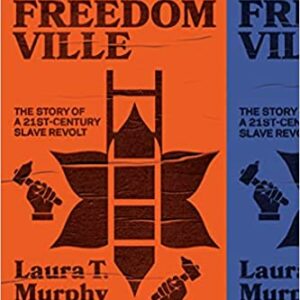
Elizabeth S. Manley, “Imagining the Tropics: Women and Tourism in the Caribbean”
Widely understood as a destination for leisure and pleasure, the Caribbean has drawn visitors from the global north for over a century, and women have played a central role in establishing this image of the islands. Elizabeth S. Manley (NHC Fellow, 2021–22), associate professor of history at Xavier University of Louisiana, discusses the relationship between gender, commerce, and tourism in the Caribbean from the late nineteenth century to the late twentieth century.








